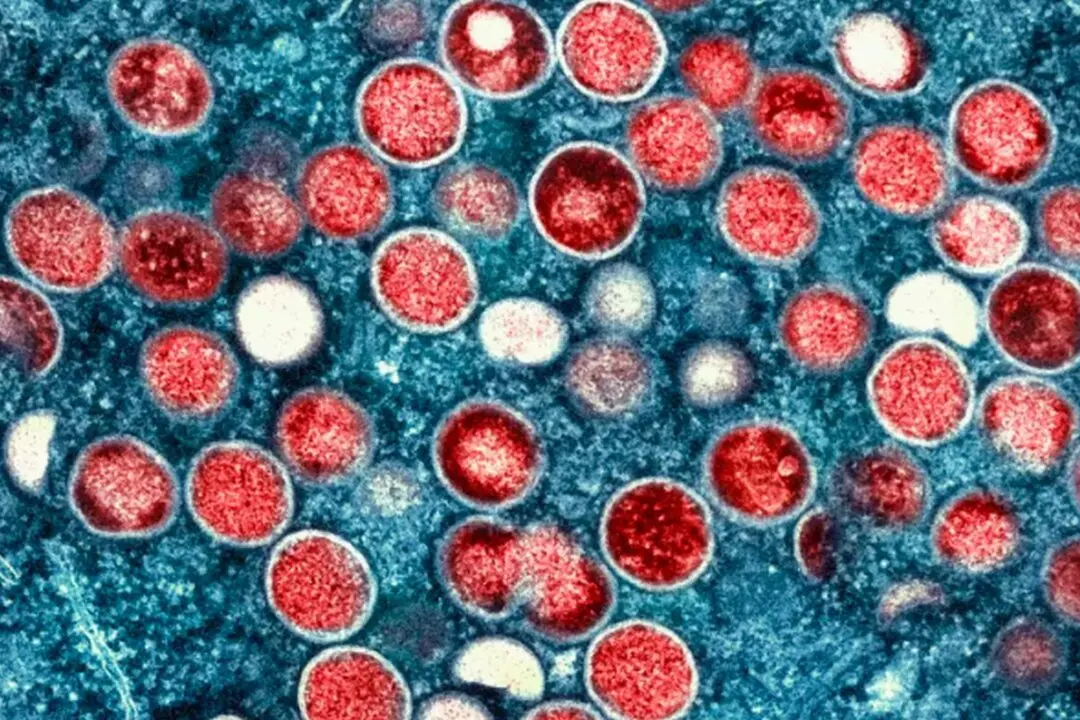Africa’s top public health body declared a public emergency on Tuesday over an outbreak of mpox that has spread in multiple countries, according to its director-general.
The head of the Africa Centers for Disease Control and Prevention (Africa CDC), Jean Kaseya, told a virtual press briefing: “We declare today this public health emergency of continental security to mobilize our institutions, our collective will, and our resources to act swiftly and decisively.”





